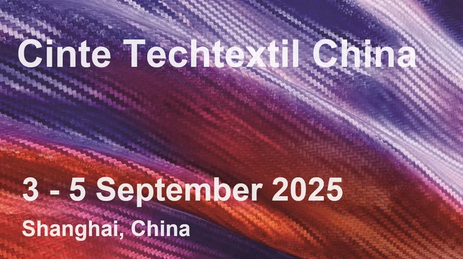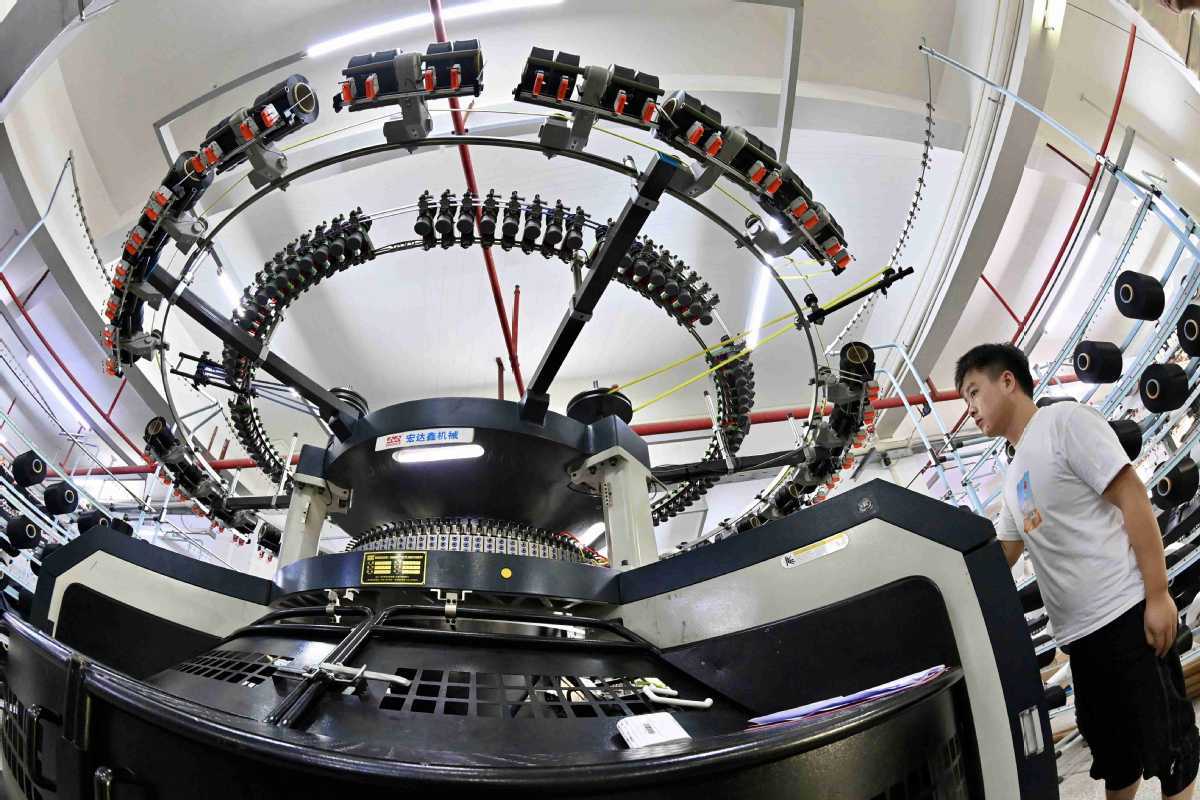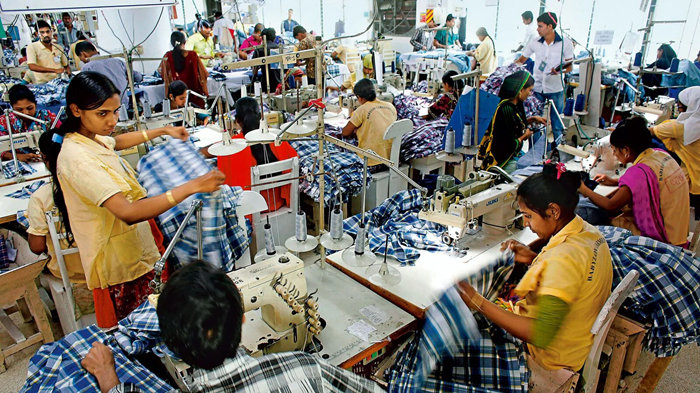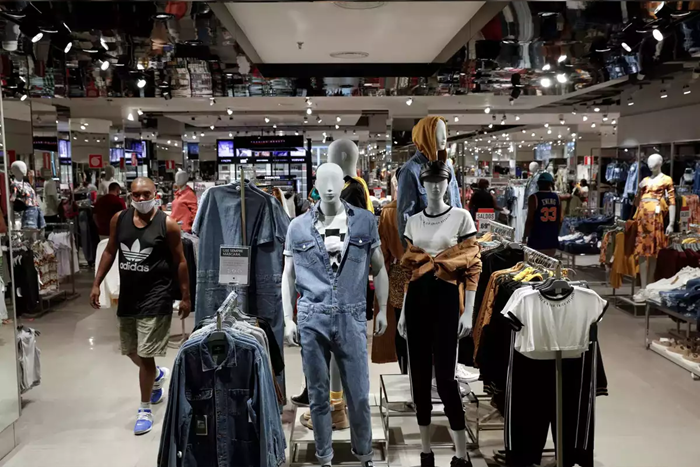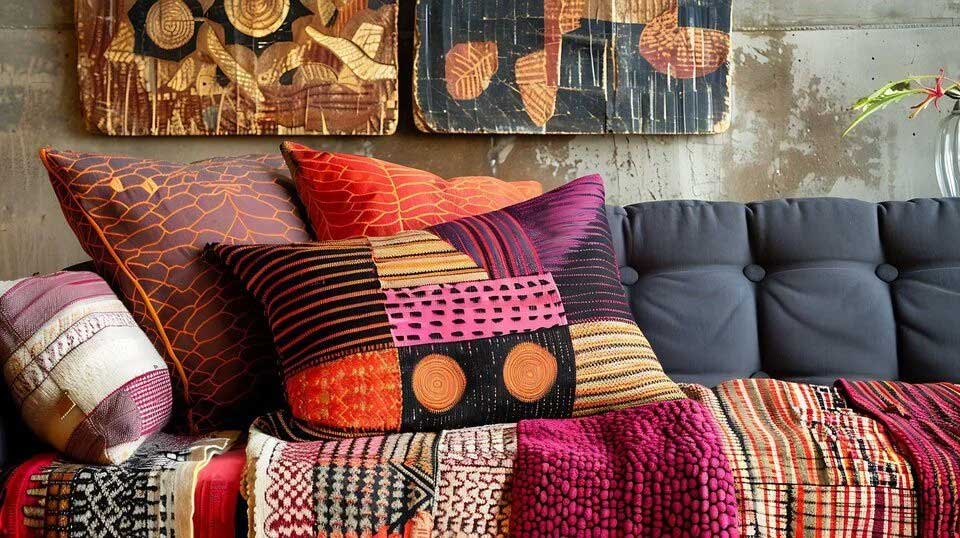
As reiterated at the recent EU-Africa Business Summit, the textile industry is the second most globalized sector of the European economy. Supported by a dramatic increase in medical textiles imports in 2020, Europe’s textile imports touched new heights at €115 billion. The region imports 22 billion pieces of textile and garment products every year.
Growing demand for technical textiles
However, the region is also experiencing more completion from other importers. To deal with competitive pressures, Europe needs to step up investments in good quality and innovative products made in a sustainable manner. The region is expected to increasingly focus on products with good quality comfort and design. It is also expected to witness increased demand for technical textiles for more durability and improved performance.
To increase the region’s share in global textile industry, Euratex needs to strengthen relations with neighbouring North African countries and Turkey. This will provide more nearshoring opportunities. The industry can also benefit from the trade and investment opportunities offered by the African continent to create a stable and transparent environment.
Optimize relations with UK and Switzerland
Euratex also needs to optimize relations with the UK and Switzerland. This can be done by ratifying the Mercosur FTA and a mutual recognition of standards with the US and setting of global environmental and social rules. The industry also needs to sign new FTAs with India to obtain full and fair access to domestic market.
Explore Indian market
The Indian market can be explored in collaboration with European textile and apparel companies who need protection from unfair competition. For this, Euratex would need to survey the market more effectively. General Dirk Vantyghem, Director, Euratex believes, the industry would need to embrace a more global outlook. Aiming to achieve a favorable environment within the EU for making clothing and textile products, Euratex also collaborates with EU institutions and other European and international stakeholders to develop an ambitious industrial policy. Other areas of focus include research, innovation, skill development, free and fair trade and sustainable supply chains.

